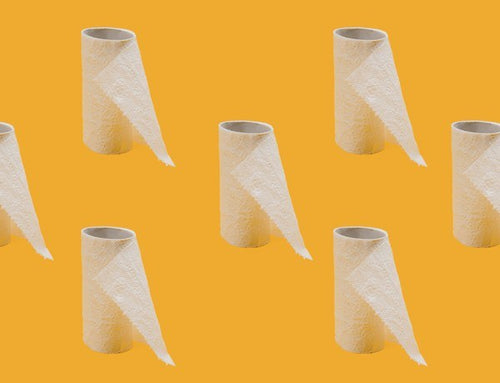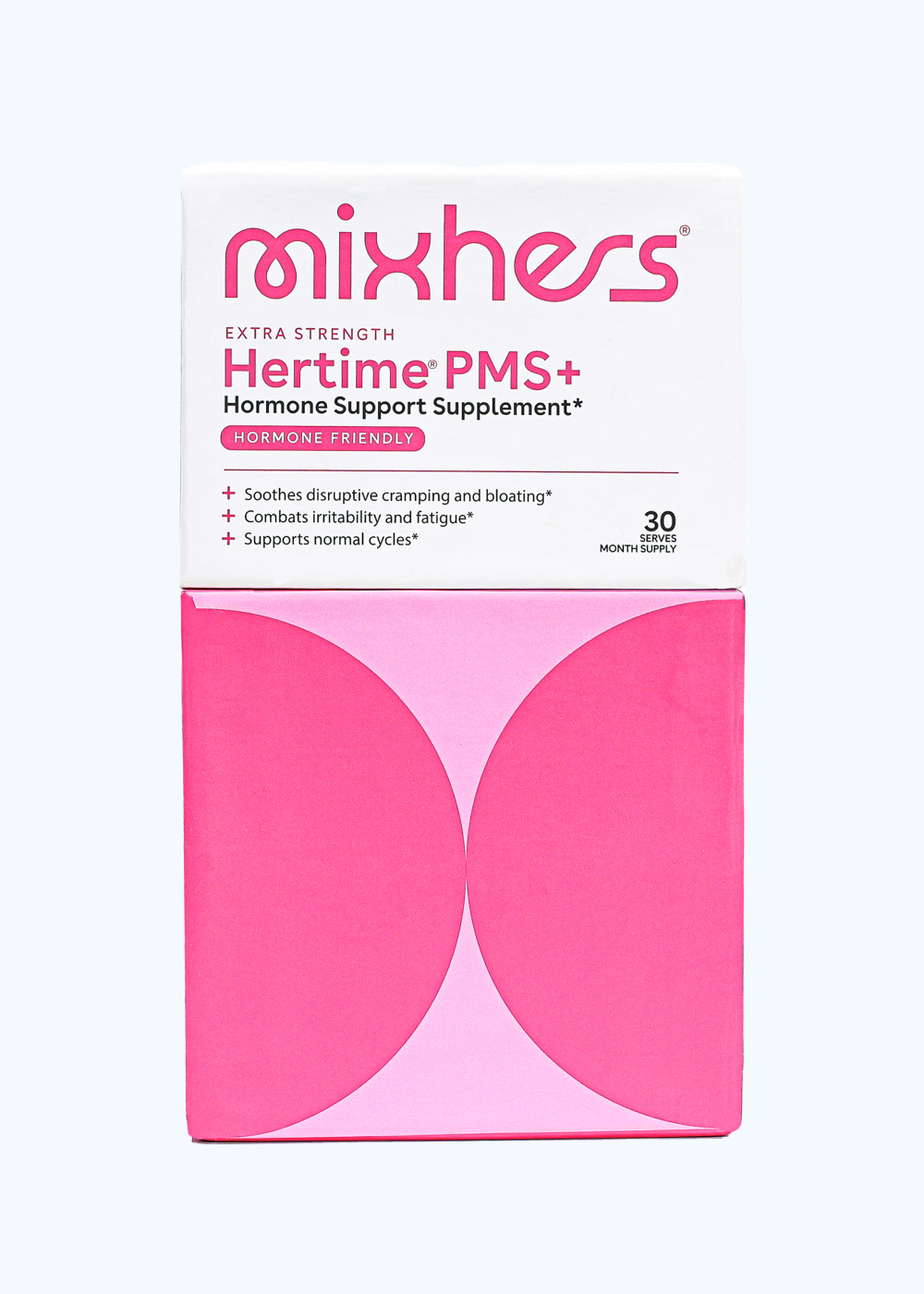Millions of people take a multivitamin supplement every day, but that doesn’t necessarily mean you need to. But taking a multivitamin to fill any nutritional gaps from your diet can’t hurt you. In fact, it can help you in a variety of ways.
There are certain groups of people who are at a higher risk of a nutrient deficiency than others and may have unique nutritional needs that can’t be met by a normal diet. A daily multivitamin may be necessary for the following groups of people:
- Pregnant women
- Elderly individuals
- Those taking certain medications
- Those with malabsorption conditions
Pregnant women should take multivitamin supplements to support a healthy pregnancy. When you’re pregnant, your body must supply nutrients to the growing baby inside you. As this happens, some of the nutrients in your body can become low and put you at risk of vitamin deficiency. To keep this from happening, take a multivitamin supplement that contains folate and other key nutrients.
Folate is essential for proper fetal development. Unfortunately, it is pretty common for folate levels to drop when you’re pregnant, which is why supplementation with prenatal vitamins is essential throughout pregnancy.
Elderly individuals also need multivitamin dietary supplements because they are more likely to experience nutrient deficiencies. Elderly people often have trouble chewing and swallowing a variety of foods. They are also more likely to have decreased appetites if they are sedentary. Finally, elderly people tend to have a difficult time absorbing vitamin B12 from regular foods. Multivitamin supplements can help provide the B vitamins and other nutrients older individuals need.
Those who take diuretics and some other medications can also benefit from taking multivitamin dietary supplements. Diuretics interfere with the body’s normal digestion processes by causing food to pass through the intestinal tract more quickly than usual. This can lead to poor absorption of nutrients. Diuretics also deplete stores of potassium, calcium, magnesium, and other electrolytes in the body. To combat this unfortunate side effect, people taking diuretics should also take multivitamin supplementation.
The final group that’s at a higher risk of nutrient deficiencies includes anyone who has a malabsorption condition. Chronic diseases such as celiac disease, cystic fibrosis, and ulcerative colitis can all cause poor nutrient absorption. Certain surgeries (such as gastric bypass) can also interfere with the body’s ability to absorb one or more nutrients.












